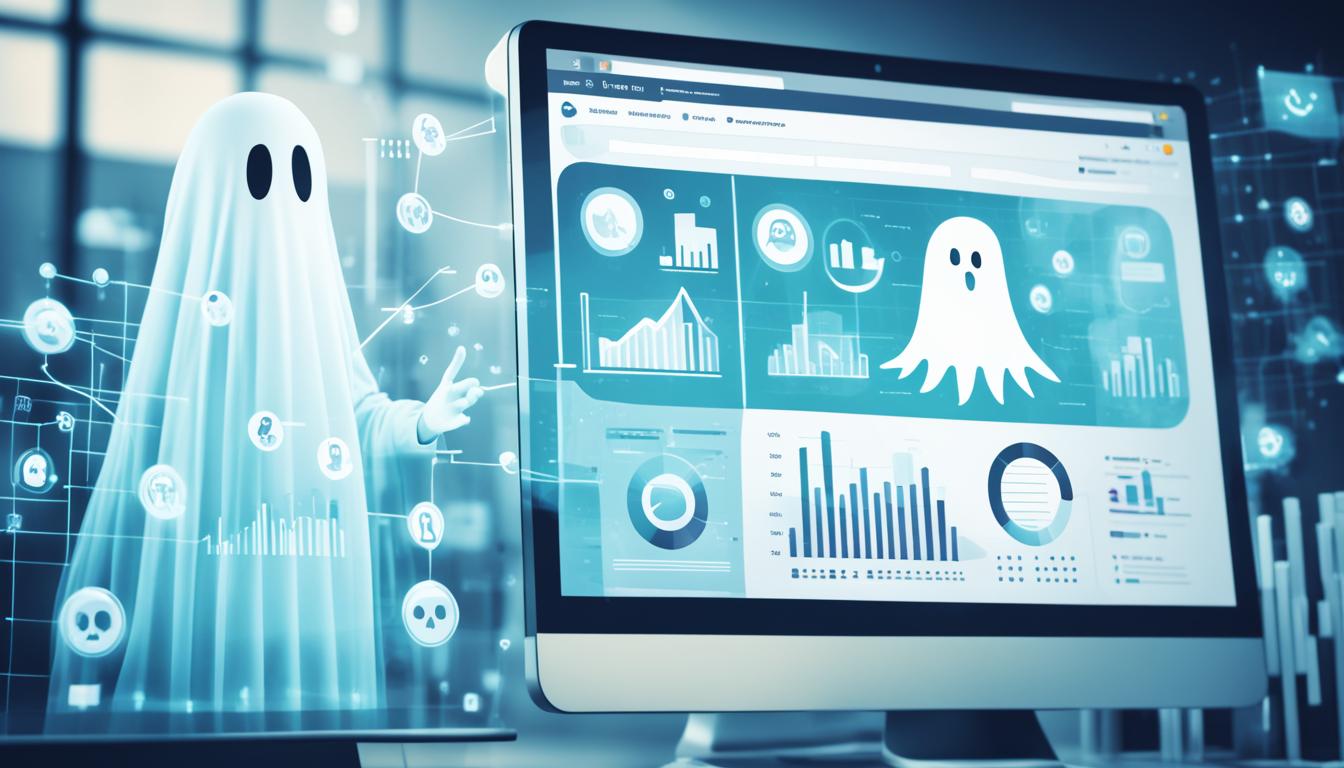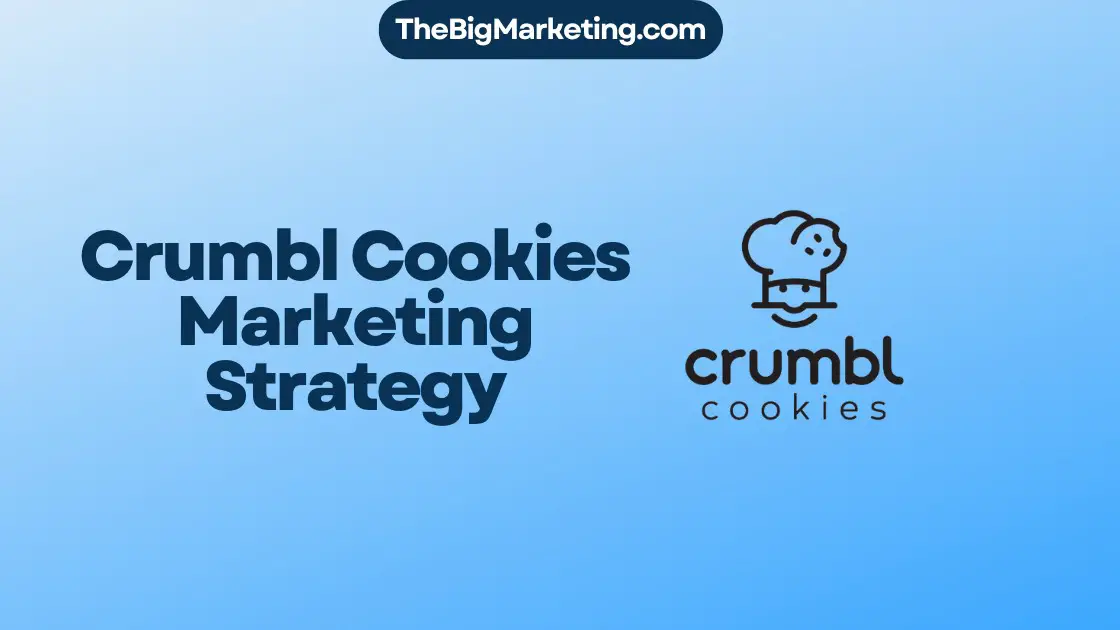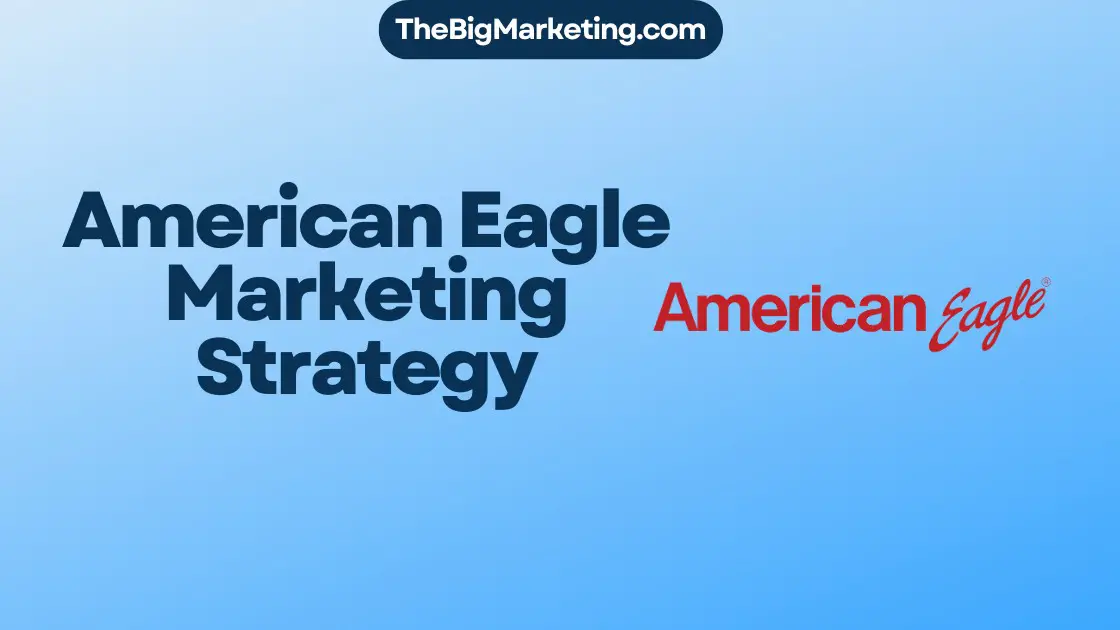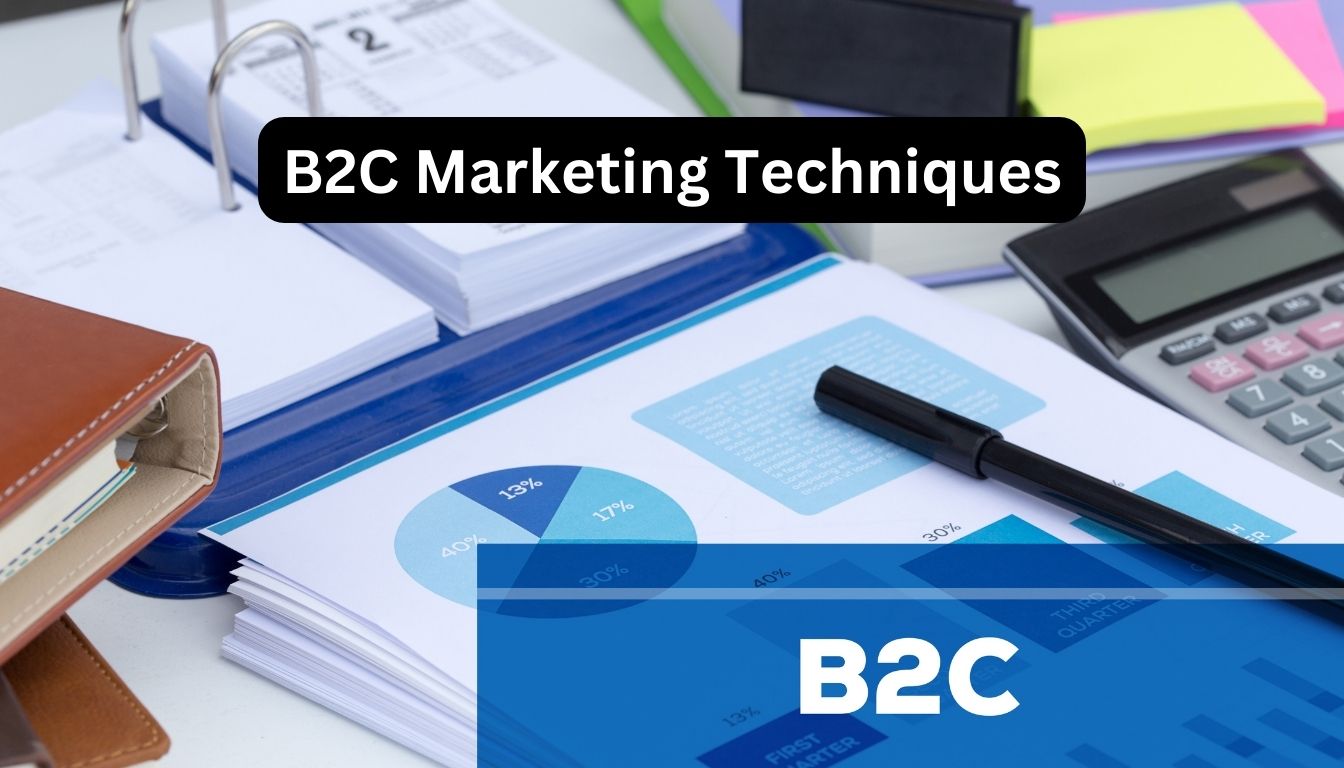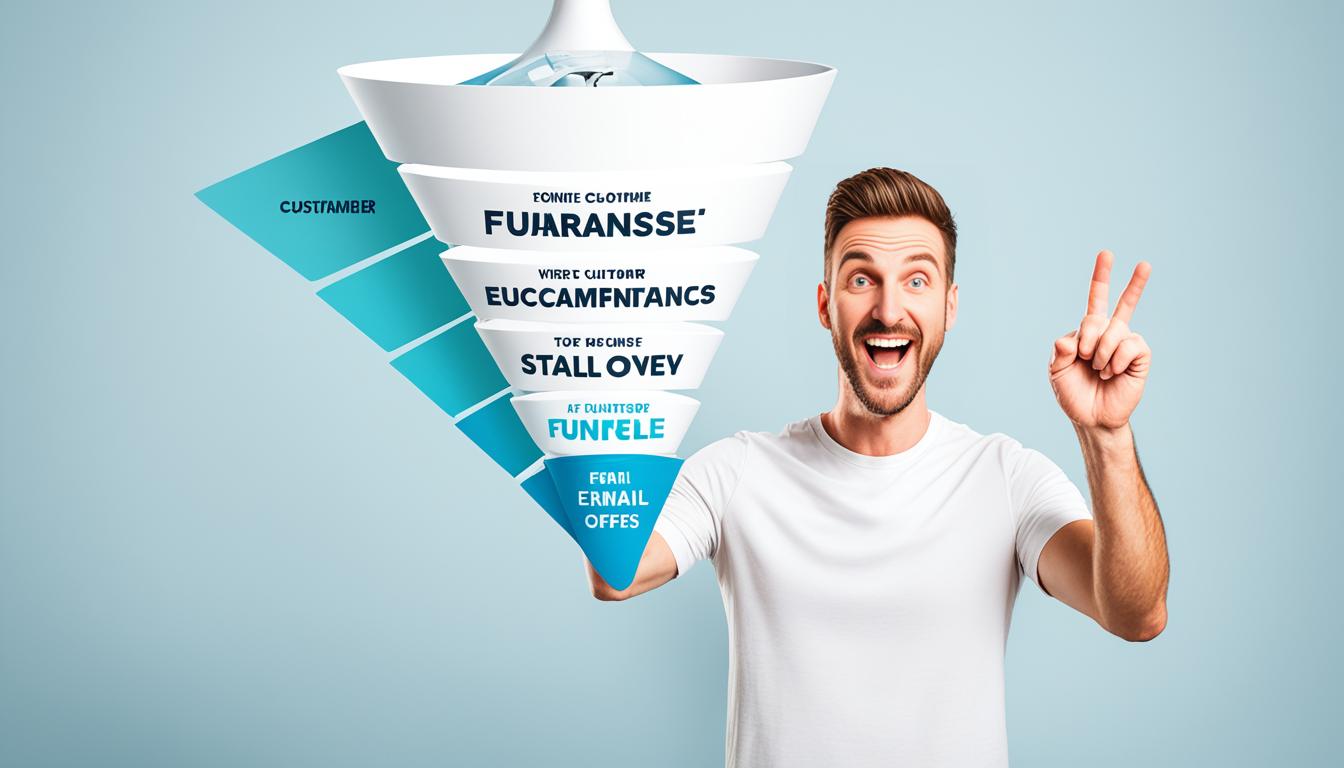In today’s digital landscape, marketing strategies for music artists have undergone significant changes. Gone are the days of relying solely on radio promotions and tours. With the rise of digital streaming and social media, artists need to adapt and utilize effective marketing strategies to make an impact in the music industry in 2024.
Key Takeaways:
- Marketing strategies for music artists have evolved in the digital age.
- Digital streaming and social media play a crucial role in music promotion.
- Understanding your target audience is essential for effective marketing.
- Data analytics and AI can guide decision-making in music marketing.
- Social media platforms and collaborations offer new opportunities for artists.
The Evolution of Music Marketing Strategies
The music industry has experienced a significant transformation in its marketing strategies, largely driven by the emergence of digital streaming and social media platforms. Traditional methods of music promotion, such as radio promotions and tours, have taken a backseat as artists now focus on utilizing the power of online platforms like Spotify, YouTube, Instagram, and TikTok to reach and engage with their audience.
One notable example that exemplifies the influence of these platforms is the viral success of songs like “Old Town Road” and “Water.” These songs gained massive popularity and created a buzz thanks to their exposure on social media and digital streaming platforms. This shift in marketing strategies highlights the importance of adapting to the changing landscape of the music industry and leveraging digital channels to maximize reach and impact.
The rise of digital streaming platforms like Spotify has provided artists with new opportunities to connect with their audience and gain visibility. Artists can now showcase their music to a global audience without relying solely on traditional music distribution methods. Streaming platforms offer algorithms that recommend music based on individual preferences, allowing artists to reach listeners who may have never discovered their music through traditional channels.
Social media platforms like Instagram, YouTube, and TikTok have also become vital for music marketing. Artists can leverage these platforms to share their music videos, engage with fans through live performances, and connect with influencers for collaborative projects. TikTok, in particular, has emerged as a powerful platform for music promotion, with viral challenges and user-generated content driving the success of many songs.
To illustrate the impact of social media marketing on music promotion, here is a breakdown of the top music marketing strategies in recent years:
- Traditional Music Marketing: Radio promotions, tour performances, and physical record sales were commonly used in the past to promote music. However, these methods have diminished in importance due to the rise of digital platforms.
- Digital Streaming: Platforms like Spotify, Apple Music, and Deezer have become essential marketing channels for artists to share and distribute their music to a global audience.
- Social Media Marketing: Instagram, YouTube, and TikTok have become integral platforms for artists to engage with fans, showcase their music videos, and create viral trends.
- TikTok Marketing: TikTok has emerged as a dominant force in music marketing, with viral challenges and user-generated content driving the success of many songs and artists.
As the music industry continues to evolve, artists must adapt and embrace these new marketing strategies to make a lasting impact. The power of digital streaming and social media provides unparalleled opportunities for artists to connect with their audience, build a strong fan base, and achieve success in the ever-changing music landscape.
Understanding Your Audience
To effectively market their music, artists must understand their target audience. By conducting audience analysis and studying demographic data, artists can tailor their marketing strategies to resonate with their fans. This includes understanding the platforms they use, their preferences, and their engagement behaviors. Building a strong connection with the audience is crucial for long-term success.
The Importance of Audience Analysis
Performing audience analysis helps artists gain valuable insights into their target demographic. By understanding their audience’s characteristics, preferences, and behaviors, artists can develop marketing strategies that effectively capture their attention and create a lasting impact.
Demographic data such as age, gender, location, and interests can provide key information about the target audience. Gathering this data allows artists to customize their promotional efforts, ensuring that they are reaching the right people at the right time and through the right channels.
Targeting Your Audience
Once artists have a clear understanding of their target audience’s demographics, they can tailor their marketing efforts accordingly. This involves selecting the appropriate platforms for reaching their audience, whether it be through social media, streaming platforms, or other online channels.
For example, if the target audience consists mainly of young adults who are active on social media, artists may focus their efforts on platforms like Instagram and TikTok. By identifying the platforms where their audience spends the most time, artists can effectively engage and connect with their fans.
Engaging with Your Fans
Engagement is a critical aspect of any successful marketing strategy. Artists should strive to create meaningful connections with their fans, fostering loyalty and a sense of community. This can be achieved through various methods, such as responding to comments and messages, hosting interactive Q&A sessions, and actively participating in fan-driven initiatives.
By regularly engaging with their audience, artists can build a passionate and dedicated fan base. These fans, in turn, become valuable advocates for the artist, spreading the word about their music and contributing to a positive brand image.
It’s important for artists to be authentic and genuine in their interactions with fans. This helps build trust and strengthens the bond between the artist and the audience.
Analyzing Fan Behavior
Monitoring fan behavior and engagement metrics is crucial for evaluating the success of marketing campaigns and making data-driven decisions. Artists should regularly analyze data such as social media engagement, website traffic, and streaming numbers to gain insights into what resonates with their audience.
This data can help artists identify patterns and trends in fan behavior, enabling them to refine their marketing strategies and create content that aligns with their audience’s preferences. By understanding what content or activities generate the most engagement, artists can optimize their efforts for maximum impact.
| Data Point | Relevant Metrics |
|---|---|
| Demographics | Age, gender, location, interests |
| Social Media Engagement | Likes, comments, shares, followers |
| Website Traffic | Number of visitors, page views |
| Streaming Numbers | Plays, saves, playlist additions |
Data-Driven Decision Making
Data analytics is a key component of effective music marketing strategies. By harnessing the power of data, artists can gain valuable insights into audience behaviors, preferences, and trends. These insights enable data-driven decision making, allowing artists to personalize their marketing efforts, enhance audience engagement, and achieve maximum impact.
Understanding Audience Insights
Audience insights provide artists with a deeper understanding of their fanbase. By analyzing data on demographics, listening patterns, and engagement metrics, artists can identify their target audience segments and tailor their marketing strategies accordingly. This data-driven approach ensures that artists are delivering content and experiences that resonate with their fans and drive loyalty.
Personalized Marketing
Personalization is key in today’s hyper-connected world. By leveraging audience insights, artists can create personalized marketing campaigns that speak directly to their fans. This could involve targeted promotions, customized email newsletters, or exclusive content offerings. Personalized marketing helps artists foster a strong connection with their audience and build a dedicated fan base.
Understanding Consumer Behavior
Consumer behavior analysis is essential for effective music marketing. By examining data on music consumption habits, purchasing behavior, and social media interactions, artists can gain a deeper understanding of what drives their fans’ decision-making process. This knowledge allows artists to craft marketing messages and experiences that align with consumer preferences, resulting in increased engagement and conversions.
Overall, data analytics empowers artists to make informed decisions, optimize their marketing strategies, and maximize the impact of their music. By harnessing the power of data, artists can gain a competitive edge in the music industry and successfully navigate the ever-evolving landscape.
| Data Analytics Benefits for Music Marketing |
|---|
| 1. Customization of marketing campaigns based on audience insights |
| 2. Increased audience engagement through personalized experiences |
| 3. Timely release of music content to optimize impact |
| 4. Targeted promotions to specific demographics |
| 5. Enhanced understanding of consumer behavior and preferences |
| 6. Improved conversion rates and revenue generation |
Embracing Social Media
In today’s digital age, social media platforms have become indispensable tools for music marketing. Artists can harness the power of platforms like Instagram, TikTok, and YouTube to promote their music, engage with fans, and even collaborate with influencers. By utilizing social media to its full potential, artists can increase their visibility, expand their fan base, and ultimately achieve greater success in the music industry.
One platform that has revolutionized music marketing is TikTok. With its short-form videos and vast user base, TikTok offers an ideal opportunity for artists to showcase their music and reach a wider audience. The use of catchy music clips, dance challenges, and user-generated content can lead to viral success and catapult an artist’s career to new heights.
Collaborating with influencers is another effective strategy for music promotion on social media. By teaming up with popular influencers in their genre, artists can tap into their large following and gain exposure to new fans. Influencer collaborations can include anything from joint performances, sponsored content, or even product endorsements – all of which serve to expand an artist’s reach and generate buzz around their music.
When it comes to social media marketing, consistency is key. Artists should regularly post engaging content, interact with their fans through comments and direct messages, and use relevant hashtags to increase discoverability. This allows artists to foster a sense of connection with their audience, nurture fan loyalty, and create a strong online presence.
Additionally, artists should consider the power of user-generated content on social media. Encouraging fans to create content inspired by their music, such as dance videos or cover songs, not only strengthens the artist-fan bond but also generates organic promotion. With the potential for songs to go viral through user-generated content, artists can gain widespread exposure and attract the attention of industry professionals.
In conclusion, social media has revolutionized the way music is marketed and consumed. Artists who embrace platforms like Instagram, TikTok, and YouTube can effectively promote their music, engage with fans, and collaborate with influencers. By leveraging the power of social media, artists can increase their visibility, grow their fan base, and ultimately achieve greater success in the music industry.
Building an Online Presence
A strong online presence is crucial for music artists looking to establish themselves in the competitive music industry. By utilizing various digital tools, artists can connect with fans, showcase their work, and attract industry attention. In this section, we will explore the key elements of building a robust online presence, including artist websites, streaming platforms, visual storytelling, and press kits.
The Power of Artist Websites
An artist website serves as a central hub where fans can learn more about the artist, access their music, and engage with their content. It is essential to have a well-designed and user-friendly website that reflects the artist’s brand and showcases their unique style. The website should include a biography, discography, upcoming events, and links to social media profiles. This cohesive online presence helps artists establish credibility and build a loyal fan base.
Utilizing Streaming Platforms
Streaming platforms have revolutionized the music industry, providing artists with a global reach and access to a vast audience. Platforms like Spotify, Apple Music, and SoundCloud allow artists to distribute their music directly to listeners around the world. By optimizing their presence on these platforms, artists can increase their visibility, gain new fans, and generate revenue through streams and digital downloads.
The Art of Visual Storytelling
Visual storytelling through music videos has become an integral part of an artist’s online presence. A well-produced music video can captivate audiences, convey the essence of a song, and leave a lasting impression. Utilizing visually compelling storytelling techniques, such as narrative arcs, symbolism, and stunning cinematography, can create a deeper connection with fans and enhance the artist’s brand.
The Importance of Press Kits
A professional and informative press kit plays a vital role in attracting the attention of industry professionals, media outlets, and potential collaborators. A press kit typically includes an artist biography, high-resolution press photos, music samples, and press releases. By presenting a comprehensive overview of their work, artists can increase their chances of securing media coverage, collaborations, and industry recognition.
| Artist Websites | Streaming Platforms | Visual Storytelling | Press Kits |
|---|---|---|---|
| Establish a central hub for fans | Reach a wider audience globally | Capture audiences with compelling visuals | Attract industry attention and collaborations |
| Showcase biographies and discographies | Generate revenue through streams and downloads | Create a deeper connection with fans | Increase chances of media coverage |
| Provide links to social media profiles | Gain new fans and increase visibility | Enhance the artist’s brand | Secure industry recognition |
Collaborations and Cross-Promotions
Collaborations have always been a powerful marketing tool in the music industry. In 2024, artists are taking collaborations a step further by engaging in cross-promotions with video games, influencers, and other entertainment sectors. These strategic alliances allow artists to tap into diverse audiences, increase their visibility, and attract new fans who may not have discovered their music through traditional channels.
Video game soundtracks have become a new and exciting avenue for musicians to showcase their talent and reach wider audiences. Collaborating with video game developers and contributing to in-game soundtracks allows artists to immerse their music in the gaming experience and connect with gamers who are passionate about both music and gaming.
Furthermore, influencer marketing has proven to be highly effective in reaching targeted audiences. Artists are teaming up with popular social media influencers whose content aligns with their brand and genre. By leveraging the reach and influence of these influencers, artists can expand their fanbase and create buzz around their music.
Influencer collaborations often involve a combination of content creation, cross-promotion on social media platforms, and even joint live performances or appearances. These collaborations allow artists to tap into the established fanbase of influencers, gaining exposure to a wider audience and building credibility.
To illustrate the power of collaborations and cross-promotions, let’s take a look at a recent successful example. Award-winning artist Taylor Swift teamed up with popular online multiplayer game Fortnite for a cross-promotion campaign. Swift’s music was featured in the game’s virtual concerts, attracting millions of players who were able to experience her music in a unique and interactive way. This collaboration not only exposed Swift’s music to a new audience but also created a memorable and immersive experience for both gamers and fans of her music.
Table: Examples of Successful Music Collaborations and Cross-Promotions
| Collaboration | Description | Result |
|---|---|---|
| Taylor Swift x Fortnite | Taylor Swift’s music featured in virtual concerts in the game, reaching millions of players | Increased exposure, new fans, and an immersive music experience |
| Beyoncé x Netflix | Beyoncé’s documentary film “Homecoming” released on Netflix, showcasing her Coachella performance | Expanded audience reach, increased streaming of music, and strengthened brand presence |
| Post Malone x Crocs | Post Malone released a limited edition collaboration with Crocs, generating massive buzz and selling out quickly | Boosted brand awareness, product sales, and strengthened fan engagement |
These examples highlight the potential for music collaborations and cross-promotions to not only elevate an artist’s visibility but also create unique and memorable experiences for fans. By leveraging the power of strategic alliances, artists can reach new heights in their careers and establish themselves as influential figures in the industry.
Utilizing Artificial Intelligence
Artificial Intelligence (AI) is revolutionizing the music industry, transforming how music is discovered and consumed. With AI algorithms, personalized playlists based on user preferences and even mood can be curated. Streaming platforms leverage AI to recommend new music to listeners, presenting artists with opportunities to reach wider audiences.
One of the remarkable applications of AI in music marketing is the creation of personalized playlists. By analyzing user data and listening habits, AI algorithms can generate playlists tailored to individual tastes. This not only enhances the listening experience but also helps artists gain exposure to listeners who may not have discovered their music otherwise.
Additionally, AI-powered chatbots have become invaluable tools for enhancing fan engagement. These chatbots provide instant responses and personalized interactions on social media platforms and artist websites. By simulating human-like conversations, AI-powered chatbots offer a seamless and efficient means of connecting with fans, answering queries, and fostering a sense of personalized rapport.
Non-Fungible Tokens (NFTs)
Non-Fungible Tokens (NFTs) have gained significant popularity in the art world, and the music industry is not far behind. Artists are embracing NFTs as a means to create limited edition digital collectibles, offering their fans exclusive access to unreleased tracks and concert footage. These NFTs provide a unique way for fans to connect with their favorite artists while also serving as a new revenue stream.
One of the key advantages of NFTs in the music industry is the element of scarcity and exclusivity they bring to digital assets. With NFTs, artists can create limited editions of their work, making each piece unique and highly sought after. This scarcity adds value to the digital collectibles, attracting collectors and devoted fans who are eager to own a piece of their favorite artist’s music history.
By leveraging NFT technology, artists can not only monetize their creations but also establish a deeper connection with their fan base. Fans who acquire these limited edition NFTs gain access to exclusive content that may not be available anywhere else. This cultivates a sense of appreciation and loyalty among fans, as they become part of an exclusive group that owns a piece of music memorabilia.
Furthermore, NFTs provide artists with a new avenue for collaboration and partnerships. Through the creation of NFT-based collectibles, artists can collaborate with visual artists, designers, and even other musicians to offer fans a truly unique and collaborative experience. This opens up a realm of creative possibilities and expands the artistic boundaries within the music industry.
In summary, NFTs have emerged as a game-changer in the music industry, enabling artists to create limited edition digital collectibles and forge stronger connections with their fan base. The scarcity and exclusivity of NFTs add value to the digital assets, attracting devoted fans and collectors alike. As the music industry continues to evolve, NFTs provide artists with an innovative way to monetize their creations and explore new collaborative opportunities.
User-Generated Content Challenges
User-generated content challenges have emerged as an effective and engaging trend in music marketing. Artists are leveraging social media platforms to create challenges that inspire their fans to create and share their own content. This approach not only fosters a sense of community but also generates organic promotion from fans, resulting in increased fan engagement and brand visibility.
Platforms like Instagram and YouTube serve as ideal channels for hosting these challenges, offering artists a wide reach and amplifying their fan base. By encouraging their dedicated followers to participate and showcase their creativity through user-generated content, artists can establish a deeper connection with their fans and cultivate a loyal and enthusiastic community.
These challenges provide artists with an opportunity to tap into the creativity of their fans and harness their passion for the music. The interactive nature of user-generated content challenges creates a sense of excitement and involvement, contributing to a stronger bond between the artist and their fan base.
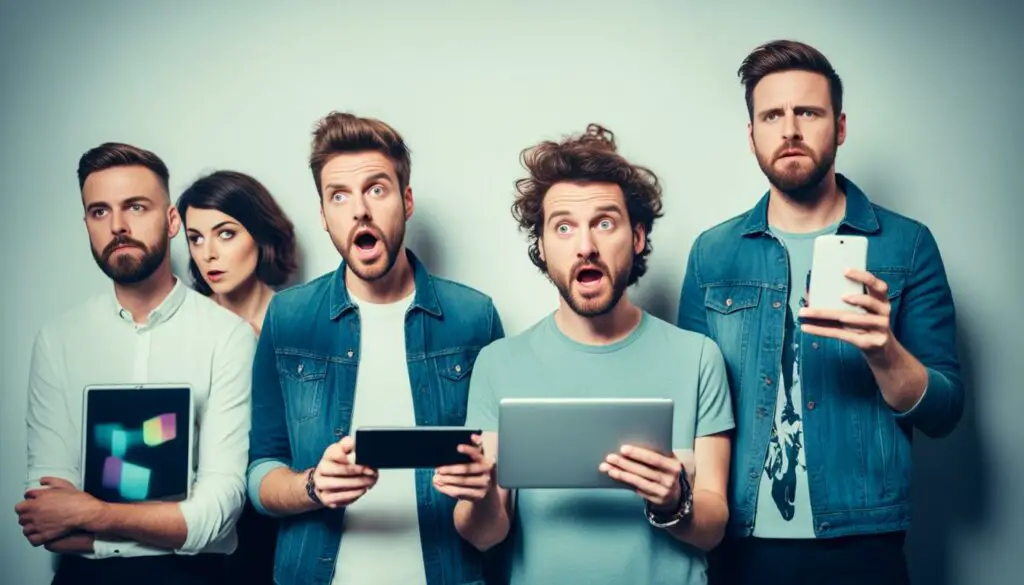
Benefits of User-Generated Content Challenges:
- Increased fan engagement: User-generated content challenges encourage fans to actively participate and engage with the artist’s music, fostering a stronger connection.
- Organic promotion: Fans who participate in the challenges willingly promote the artist’s music to their own social networks, generating organic reach and increasing brand visibility.
- Community building: User-generated content challenges create a sense of community among fans, allowing them to connect with like-minded individuals who share a common love for the artist’s music.
- Content amplification: Artists can leverage the content created by their dedicated fan base and share it across various platforms, amplifying their reach and attracting new fans.
Overall, user-generated content challenges have proven to be an effective way for artists to engage their fans, increase brand exposure, and foster a vibrant and supportive community around their music.
Live Streaming and Interactive Experiences
Live streaming concerts have become more than just a substitute for traditional performances. Artists are leveraging the power of live streaming platforms like Twitch and YouTube Live to offer interactive fan experiences that go beyond the stage.
One of the key advantages of live streaming concerts is the ability to provide behind-the-scenes content. Fans get an exclusive glimpse into the artist’s world, witnessing rehearsals, soundchecks, and intimate moments that are typically unseen during in-person concerts. This behind-the-scenes access creates a sense of intimacy and exclusivity, forging a stronger connection with fans.
Q&A sessions are another interactive element that artists can incorporate into their live streams. Fans have the opportunity to directly engage with their favorite artists, asking questions and receiving answers in real-time. This interaction heightens the fan experience and fosters a sense of community among fans.
Furthermore, live streaming enables artists to engage with their audience in unique ways. Through interactive fan interactions during the stream, artists can respond to comments, take song requests, and even invite fans to join them on the stream. This level of engagement makes fans feel valued and part of something special, increasing their loyalty and driving overall engagement.
Benefits of Live Streaming and Interactive Fan Experiences:
- Provides behind-the-scenes access, creating a sense of intimacy and exclusivity
- Enables direct Q&A sessions, fostering fan interaction in real-time
- Allows for interactive fan interactions like responding to comments and song requests
- Boosts fan loyalty and overall engagement
By incorporating live streaming and interactive fan experiences into their music marketing strategies, artists can create immersive and unforgettable moments for their fans. This digital approach to concerts and engagement opens up new opportunities for artists to connect with their audience on a global scale.
| Benefits of Live Streaming and Interactive Fan Experiences |
|---|
| Provides behind-the-scenes access, creating a sense of intimacy and exclusivity |
| Enables direct Q&A sessions, fostering fan interaction in real-time |
| Allows for interactive fan interactions like responding to comments and song requests |
| Boosts fan loyalty and overall engagement |
Conclusion
In conclusion, effective music marketing strategies are crucial for artists to achieve success in the ever-evolving music industry. Adapting to the changing landscape and embracing digital platforms is essential for artists to make a lasting impact in the future of music marketing.
By understanding the evolution of music marketing and leveraging data analytics, artists can tailor their strategies to resonate with their target audience. Analyzing audience insights and consumer behavior allows artists to make data-driven decisions and personalize their marketing approaches.
Furthermore, embracing social media is a key component of successful music marketing in the digital era. Engaging with fans, collaborating with influencers, and leveraging platforms like TikTok and Instagram can help artists gain visibility and grow their fan base.
Looking ahead, the future of music marketing holds exciting opportunities with the emergence of innovative technologies. Utilizing artificial intelligence (AI) for personalized playlists and chatbot interactions can enhance fan engagement. Non-Fungible Tokens (NFTs) present a new avenue for artists to connect with fans through exclusive digital collectibles.
To thrive in the future of music marketing, artists must remain adaptable and open to exploring new strategies. By continuously evolving and utilizing effective marketing techniques, artists can enhance their online presence, connect with their audience, and achieve success in the dynamic music industry.
FAQ
What are some effective marketing strategies for music artists in 2024?
Some effective marketing strategies for music artists in 2024 include leveraging digital streaming platforms, utilizing social media for promotion, analyzing audience data, and exploring innovative technologies like AI and NFTs.
How has music marketing evolved in recent years?
Music marketing has evolved with the emergence of digital streaming and social media. Traditional methods like radio promotions have given way to platforms like Spotify, YouTube, Instagram, and TikTok, which offer artists wider reach and the ability to create viral buzz.
Why is understanding your audience important for music marketing?
Understanding your audience is crucial for music marketing as it allows artists to tailor their strategies to resonate with their fans. By analyzing demographic data and engagement behaviors, artists can effectively target their promotions and build a strong connection with their audience.
How can data analytics be used in music marketing?
Data analytics plays a vital role in music marketing by providing insights into audience behavior and preferences. Artists can use these insights to make data-driven decisions, personalize their marketing strategies, time releases strategically, and create content that resonates with specific demographics.
How can social media platforms be utilized for music promotion?
Social media platforms like Instagram, TikTok, and YouTube are indispensable for music promotion. Artists can leverage these platforms to promote their music, engage with fans, and collaborate with influencers. Catchy music clips, challenges, and user-generated content on TikTok, for example, can lead to viral success and increased visibility.
What is the importance of building an online presence for music artists?
Building an online presence is essential for music artists. This includes having a well-designed artist website, utilizing streaming platforms to reach a wider audience, creating visually compelling music videos, and having a press kit that showcases their work. These digital tools help build credibility, establish a connection with fans, and attract industry attention.
How can collaborations and cross-promotions benefit music artists?
Collaborations and cross-promotions open up new opportunities for music artists to tap into diverse audiences, increase visibility, and attract new fans. Working with video games, influencers, and other entertainment sectors allows artists to expand their reach and gain exposure beyond traditional music channels.
How does artificial intelligence impact music marketing?
Artificial intelligence is revolutionizing music marketing by shaping how music is discovered and consumed. AI algorithms curate personalized playlists for users, recommend new music, and enhance fan engagement through AI-powered chatbots, providing instant responses and personalized interactions on social media and artist websites.
What role do Non-Fungible Tokens (NFTs) play in the music industry?
Non-Fungible Tokens (NFTs) have gained popularity in the art world and are now being embraced by the music industry. Artists can create limited edition digital collectibles using NFT technology, such as exclusive unreleased tracks and concert footage. NFTs provide a unique way for fans to connect with their favorite artists while also serving as a new revenue stream.
How can user-generated content challenges enhance music marketing?
User-generated content challenges foster a sense of community and generate organic promotion from fans. Artists create challenges on platforms like Instagram and YouTube, encouraging fans to create and share their own content inspired by the music. This amplifies the artist’s reach and drives engagement.
How can live streaming and interactive experiences benefit music artists?
Live streaming platforms like Twitch and YouTube Live offer music artists the opportunity to offer interactive experiences beyond traditional concerts. These platforms allow artists to provide behind-the-scenes glimpses, host Q&A sessions, and engage in interactive fan interactions, fostering intimacy, exclusivity, and driving fan loyalty and engagement.
